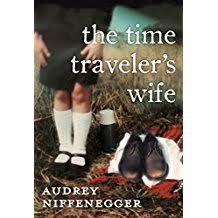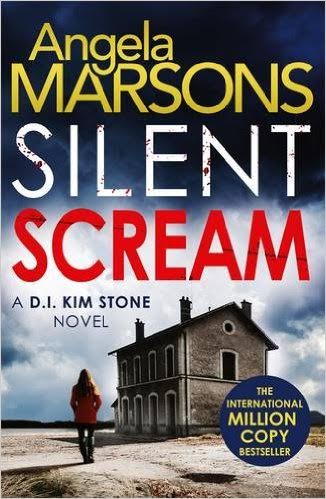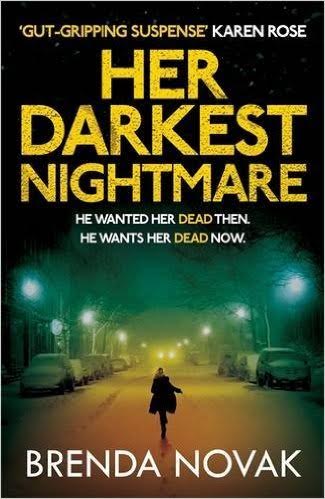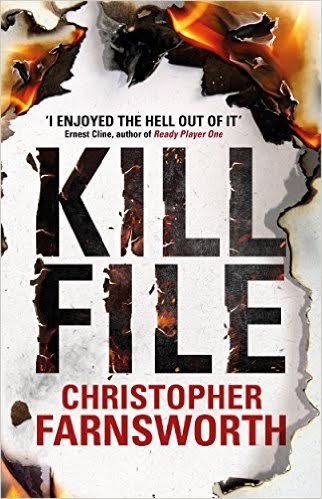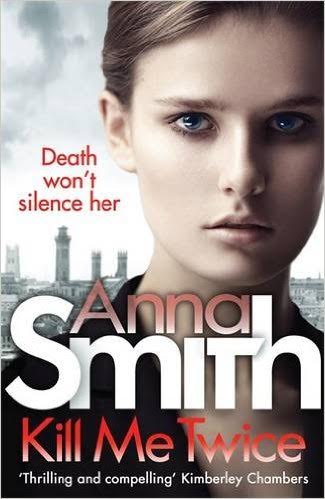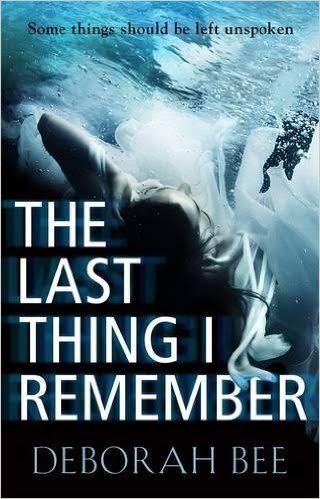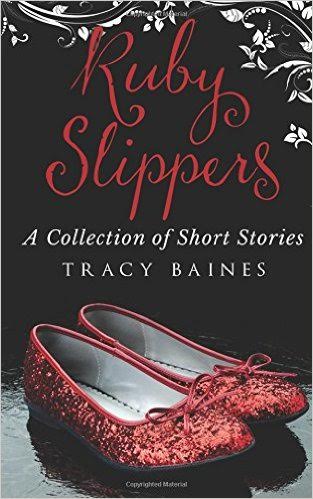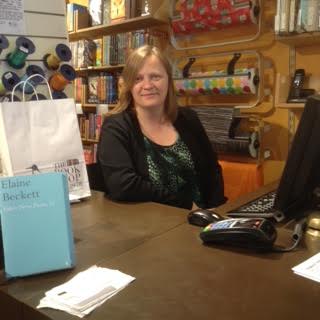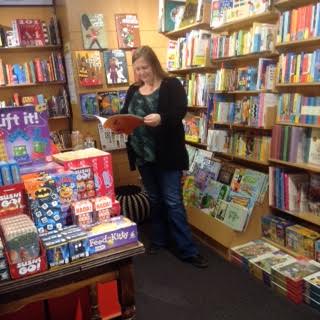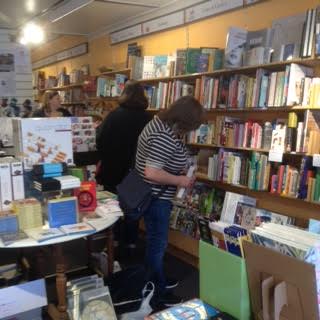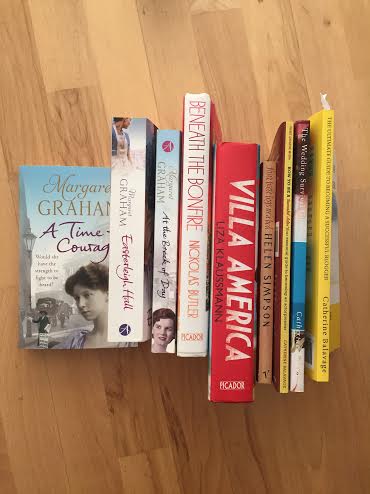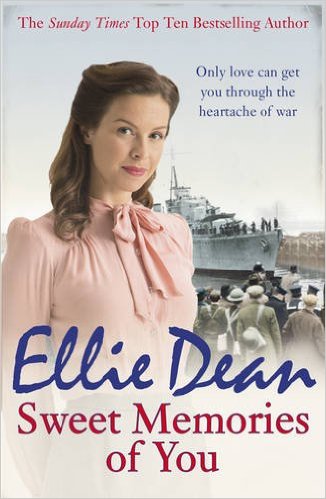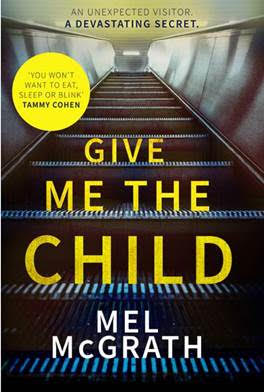 We have a treat for you: an exclusive extract of Give Me The Child. A stunning thriller from Mel McGrath. You can read our review tomorrow.
We have a treat for you: an exclusive extract of Give Me The Child. A stunning thriller from Mel McGrath. You can read our review tomorrow.
CHAPTER ONE
My first thought when the doorbell woke me was that someone had died. Most likely Michael Walsh. I turned onto my side, pulled at the outer corners of my eyes to rid them of the residue of sleep and blinked myself awake. It was impossible to tell if it was late or early, though the bedroom was as hot and muggy as it had been when Tom and I had gone to bed. Tom was no longer beside me. Now I was alone.
We’d started drinking not long after Freya had gone upstairs. The remains of a bottle of Pinot Grigio for me, a glass or two of red for Tom. (He always said white wine was for women.) Just before nine I called The Mandarin Hut. When the crispy duck arrived I laid out two trays in the living room, opened another bottle and called Tom in from the study. I hadn’t pulled the curtains and through the pink light of the London night sky a cat’s claw of moon appeared. The two of us ate, mostly in silence, in front of the TV. A ballroom dance show came on. Maybe it was just the booze but something about the tight-muscled men and the frou-frou’d women made me feel a little sad. The cosmic dance. The grand romantic gesture. At some point even the tight-muscled men and the frou-frou’d women would find themselves slumped together on a sofa with the remains of a takeaway and wine enough to sink their sorrows, wondering how they’d got there, wouldn’t they?
Not that Tom and I really had anything to complain about except, maybe, a little malaise, a kind of falling away. After all, weren’t we still able to laugh about stuff most of the time or, if we couldn’t laugh, at least have sex and change the mood?
‘Let’s go upstairs and I’ll show you my cha-cha,’ I said, rising and holding out a hand.
Tom chuckled and pretended I was joking, then, wiping his palms along his thighs as if he were ridding them of something unpleasant, he said, ‘It’s just if I don’t crack this bloody coding thing…’
I looked out at the moon for a moment. OK, so I knew how much making a success of Labyrinth meant to Tom, and I’d got used to him shutting himself away in the two or three hours either side of midnight. But this one time, with the men and women still twirling in our minds? Just this one time? Stupidly, I said, ‘Won’t it wait till tomorrow?’ and in an instant
I saw Tom stiffen. He paused for a beat and, slapping his hands on his thighs in a gesture of busyness, he slugged down the last of his wine, rose from the sofa and went to the door. And so we left it there with the question still hanging.
I spent the rest of the evening flipping through the case notes of patients I was due to see that week. When I turned in for the night, the light was still burning in Tom’s study. I murmured ‘goodnight’ and went upstairs to check on Freya. Our daughter was suspended somewhere between dreaming and deep sleep. All children look miraculous when they’re asleep, even the frighten- ing, otherworldly ones I encounter every day. Their bodies soften, their small fists unfurl and dreams play behind their eyelids. But Freya looked miraculous all the time to me. Because she was. A miracle made at the boundary where human desire meets science. I stood and watched her for a while, then, retrieving her beloved Pippi Longstocking book from the floor and straightening her duvet, I crept from the room and went to bed.
Sometime later I felt Tom’s chest pressing against me and his breath on the nape of my neck. He was already aroused and for a minute I wondered what else he’d been doing on screen besides coding, then shrugged off the thought. A drowsy, half-hearted bout of lovemaking followed before we drifted into our respective oblivions. Next thing I knew the doorbell was ringing and I was alone.
Under the bathroom door a beam of light blazed. I threw off the sheet and swung from the bed.
‘Tom?’
No response. My mind was scrambled with sleep and an anxious pulse was rising to the surface. I called out again.
There was a crumpling sound followed by some noisy vomiting but it was identifiably my husband. The knot in my throat loosened. I went over to the bathroom door, knocked and let myself in. Tom was hunched over the toilet and there was a violent smell in the room.
‘Someone’s at the door.’
Tom’s head swung round.
I said, ‘You think it might be about Michael?’
Tom’s father, Michael Walsh, was a coronary waiting to happen, a lifelong bon vivant in the post-sixty-five-year-old death zone, who’d taken the recent demise of his appalling wife pretty badly.
Tom stood up, wiped his hand across his mouth and moved over to the sink. ‘Nah, probably just some pisshead.’ He turned on the tap and sucked at the water in his hand and, in an oddly casual tone, he added, ‘Ignore it.’
As I retreated into the bedroom, the bell rang again. Whoever it was, they weren’t about to go away. I went over to the window and eased open the curtain. The street was still and empty of people, and the first blank glimmer was in the sky. Directly below the house a patrol car was double parked, hazard lights still on but otherwise dark. For a second my mind filled with the terrible possibility that something had happened to Sally. Then I checked myself. More likely someone had reported a burglary or a prowler in the neighbourhood. Worst case it was Michael.
‘It’s the police,’ I said.
Tom appeared and, lifting the sash, craned out of the window. ‘I’ll go, you stay here.’
I watched him throw on his robe over his boxers and noticed his hands were trembling. Was that from having been sick or was he, too, thinking about Michael now? I listened to his footsteps disappearing down the stairs and took my summer cover-up from its hook. A moment later, the front door swung open and there came the low murmur of three voices, Tom’s and those of two women. I froze on the threshold of the landing and held my breath, waiting for Tom to call me down, and when, after a few minutes, he still hadn’t, I felt myself relax a little. My parents were dead. If this was about Sally, Tom would have fetched me by now. It was bound to be Michael. Poor Michael.
I went out onto the landing and tiptoed over to Freya’s room. Tom often said I was overprotective, and maybe I was, but I’d seen enough mayhem and weirdness at work to give me pause. I pushed open the door and peered in. A breeze stirred from the open window. The hamster Freya had brought back from school for the holidays was making the rounds on his wheel but in the aura cast by the Frozen- the midnight light I could see my tender little girl’s face closed in sleep. Freya had been too young to remember my parents and Michael had always been sweet to her in a way that
his wife,who called her‘ my little brown granddaughter’,never was, but it was better this happened now, in the summer holidays, so she’d have time to recover before the pressures of school started up again. We’d tell her in the morning once we’d had time to formulate the right words.
At the top of the landing I paused, leaning over the bannister. A woman in police uniform stood in the glare of the security light. Thirties, with fierce glasses and a military bearing. Beside her was another woman in jeans and a shapeless sweater, her features hidden from me. The policewoman’s face was brisk but unsmiling; the other woman was dishevelled, as though she had been called from her bed. Between them I glimpsed the auburn top of what I presumed was a child’s head – a girl, judging from the amount of hair. I held back, unsure what to do, hoping they’d realise they were at the wrong door and go away. I could see the police officer’s mouth moving without being able to hear what was being said. The conversation went on and after a few moments Tom stood to one side and the two women and the child stepped out of the shadows of the porch and into the light of the hallway.
The girl was about the same age as Freya, taller but small-boned, legs as spindly as a deer’s and with skin so white it gave her the look of some deep sea creature. She was wearing a grey trackie too big for her frame which bagged at the knees from wear and made her seem malnourished and unkempt. From the way she held herself, stiffly and at a distance from the dishevelled woman, it was obvious they didn’t know one another. A few ideas flipped through my mind. Had something happened in the street, a house fire perhaps, or a medical emergency, and a neighbour needed us to look after her for a few hours? Or was she a school friend of Freya’s who had run away and for some reason given our address to the police? Either way, the situation obviously didn’t have anything much to do with us. My heart went out to the kid but I can’t say I wasn’t relieved. Michael was safe, Sally was safe.
I moved down the stairs and into the hallway. The adults remained engrossed in their conversation but the girl looked up and stared. I tried to place the sharp features and the searching, amber eyes from among our neighbours or the children at Freya’s school but nothing came. She showed no sign of recognising me. I could see she was tired – though not so much from too little sleep as from a lifetime of watchfulness. It was an expression familiar to me from the kids I worked with at the clinic. I’d probably had it too, at her age. An angry, cornered look. She was clasping what looked like a white rabbit’s foot in her right hand. The cut end emerged from her fist, bound crudely with electrical wire which was attached to a key. It looked home-made and this lent it – and her – an air that was both outdated and macabre, as if she’d been beamed in from some other time and had found herself stranded here, in south London, in the second decade of the twenty-first century, in the middle of the night, with nothing but a rabbit’s foot and a key to remind her of her origins. ‘What’s up?’ I said, more out of curiosity than alarm. I smiled and waited for an answer.
The two women glanced awkwardly at Tom and from the way he was standing, stiffly with one hand slung on his hip in an attempt at relaxed cool, I understood they were waiting for him to respond and I instinctively knew that everything I’d been thinking was wrong. A dark firework burst inside my chest. The girl in the doorway was neither a neighbour’s kid nor a friend of our daughter. She was trouble.I took a step back. ‘Will someone tell me what’s going on?’ When no one spoke I crouched to the girl’s level and, summoning as much friendliness as I could, said, ‘What’s your name? Why are you here?’
The girl’s eyes flickered to Tom, then, giving a tiny, contemptuous shake of the head, as if by her presence all my questions had already been answered and I was being obstructive or just plain dumb, she said, ‘I’m Ruby Winter.’
I felt Tom’s hands on my shoulder. They were no longer trem- bling so much as hot and spasmic.
‘Cat, please go and make some tea. I’ll come in a second.’
There was turmoil in his eyes. ‘Please,’ he repeated. And so, not knowing what else to do, I turned on my heels and made for the kitchen. While the kettle wheezed into life, I sat at the table in a kind of stupor; too shocked to gather my thoughts, I stared at the clock as the red second hand stuttered towards the upright. Tock, tock, tock. There were voices in the hallway, then I heard the living room door shut. Time trudged on. I began to feel agitated. What was taking all this time? Why hadn’t Tom come? Part of me felt I had left the room already but here I was still. Eventually,foot steps echoed in the hallway.The door moved and Tom appeared. I stood up and went over to the counter where, what now seemed like an age ago, I had laid out a tray with the teapot and some mugs.‘Sit down, darling, we need to talk.’ Darling. When was the last time he’d called me that? I heard myself saying, idiotically, ‘But I made tea!’ ‘It’ll wait.’ He pulled up a chair directly opposite me.
When he spoke, his voice came to me like the distant crackle of a broken radio in another room. ‘I’m so sorry, Cat, but however I say this it’s going to come as a terrible shock, so I’m just going to say what needs to be said, then we can talk. There’s no way round this. The girl, Ruby Winter, she’s my daughter.’


